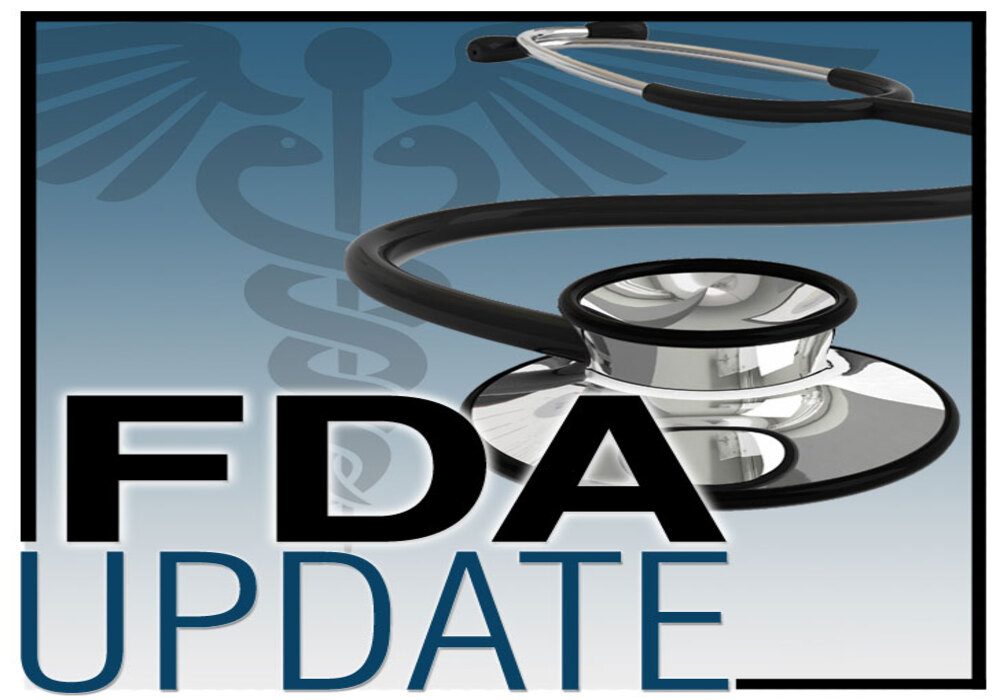On August 2, 2023, the U.S. Food and Drug Administration (FDA) approved trifluridine and tipiracil (Lonsurf®) with bevacizumab for metastatic colorectal cancer (mCRC) previously treated with fluoropyrimidine-, oxaliplatin- and irinotecan-based chemotherapy, an anti-VEGF biologic therapy, and if RAS wild-type, an anti-EGFR therapy. FDA had previously approved single-agent trifluridine and tipiracil for the indication in September 2015.

Safety and efficacy were assessed in SUNLIGHT (NCT04737187), a global study involving 492 patients with mCRC. This randomized, open-label, multicenter trial compared trifluridine and tipiracil in combination with bevacizumab to trifluridine and tipiracil alone. The patients enrolled in this study had undergone a maximum of two prior chemotherapy regimens and showed either progressive disease or intolerance to the last treatment.
The primary goals of the study were to measure overall survival (OS) and progression-free survival (PFS). The results indicated a significant improvement in OS for patients receiving trifluridine and tipiracil with bevacizumab compared to those on trifluridine and tipiracil alone (HR = 0.61; 95% CI = 0.49, 0.77; one-sided p < 0.001). The median OS was 10.8 months for the trifluridine and tipiracil plus bevacizumab group (95% CI = 9.4, 11.8) and 7.5 months for the trifluridine and tipiracil group (95% CI: 6.3, 8.6). Similarly, the PFS was significantly prolonged in the trifluridine and tipiracil plus bevacizumab arm, with a median PFS of 5.6 months (95% CI = 4.5, 5.9), compared to 2.4 months in the trifluridine and tipiracil arm (95% CI: 2.1, 3.2) (HR = 0.44; 95% CI = 0.36, 0.54; one-sided p < 0.001).
The most common adverse reactions or laboratory abnormalities observed in more than 20% of patients taking trifluridine and tipiracil with bevacizumab were neutropenia, anemia, thrombocytopenia, fatigue, nausea, increased AST, increased ALT, increased alkaline phosphatase, decreased sodium, diarrhea, abdominal pain, and decreased appetite.
The recommended dosage for trifluridine and tipiracil is 35 mg/ m2 taken orally twice daily with food on days 1 –5 and days 8–12 of each 28-day cycle. For bevacizumab dosing information, please refer to the prescribing information.
The review used the Assessment Aid, a voluntary submission from the applicant to facilitate FDA’s assessment.
The application was granted priority review. FDA expedited programs are described in the Guidance for Industry: Expedited Programs for Serious Conditions—Drugs and Biologics.
Healthcare professionals should report all serious adverse events suspected to be associated with the use of any medicine and device to FDA’s MedWatch Reporting System or by calling 800-FDA-1088.
For assistance with single-patient investigational new drug applications, contact OCE’s Project Facilitate at 240-402-0004 or email OncProjectFacilitate@fda.hhs.gov.





